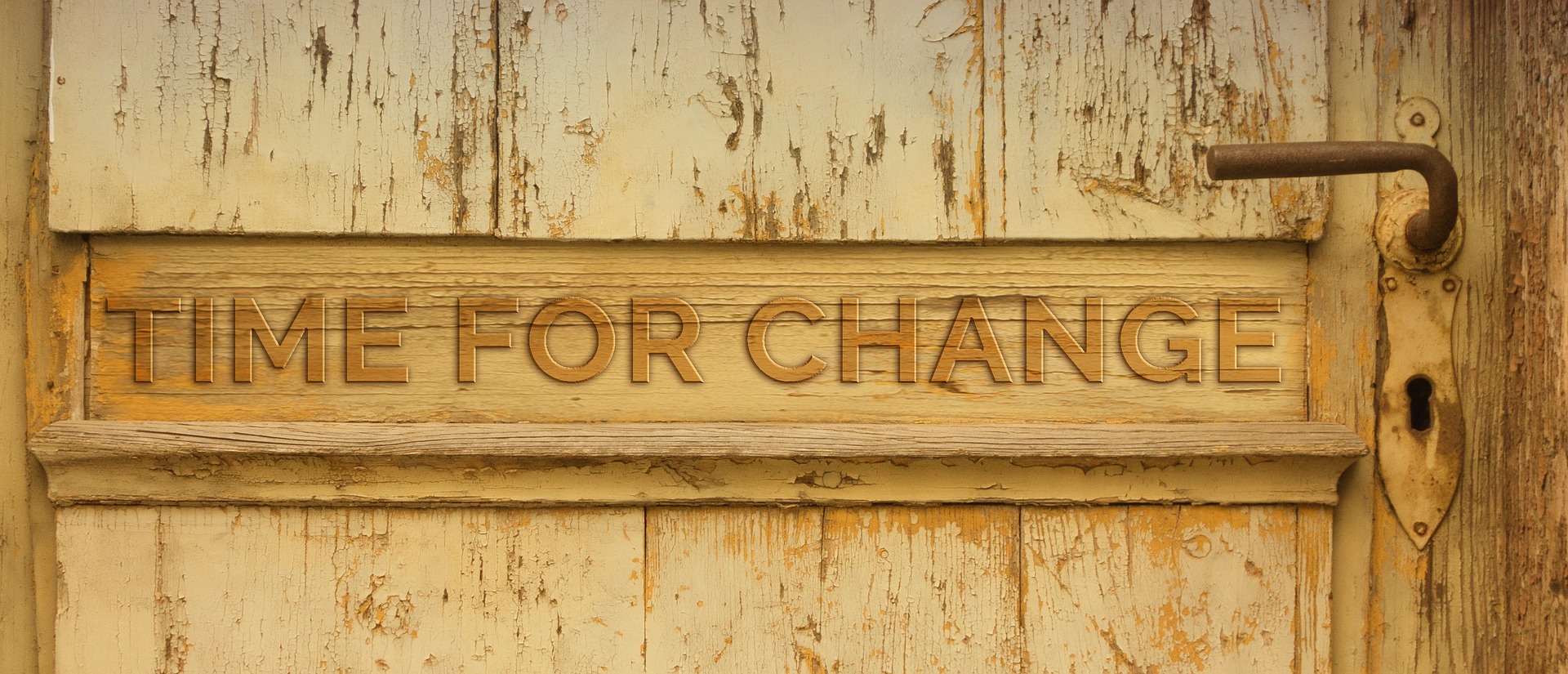We are all creatures of habit. We act out ingrained responses we have little control over.
We have to.
If we did not operate on automatic routines, our brains would not cope. Just think what would happen if we had to consciously remember to breathe.
And while being able to walk and talk become good habits, we can easily slip into bad habits.
These can be things we do that are not good for us physically, but can also be things we do that make us miserable.
Inputs and Outputs
Psychologists often attempt to find out which “input” causes what “output” of happiness or misery. To do this they assess peoples age, marital status, income, work etc to see if there is a link. However, it has been argued that the link actually depends on the level of attention we give things.
According to Professor Paul Dolan, Attention “acts as a production process that converts stimuli into happiness”. He points out that Attention, being a scarce resource, can only be given to one thing, so if you’re not as happy as you could be, “you must be misallocating your attention”.
And how do we allocate our attention?
We come back to habit and ingrained thinking, which can sabotage our happiness, by directing attention the wrong way. It’s easier to do things out of habit rather than make the decision we are going to change. Even if the change could/would make us happier. And so we continue to eat unhealthy food and lose touch with old friends because it’s easier than taking action to change our diet or make contact.
But wouldn’t it be good to try making a change?
Break a bad habit?
It could be, not just a way to get out of a rut, but the first step towards a bright new, happier future.

If you would like ideas on what to do in middle age (and beyond), download a FREE checklist from http://clika.pe/l/6076/49163/